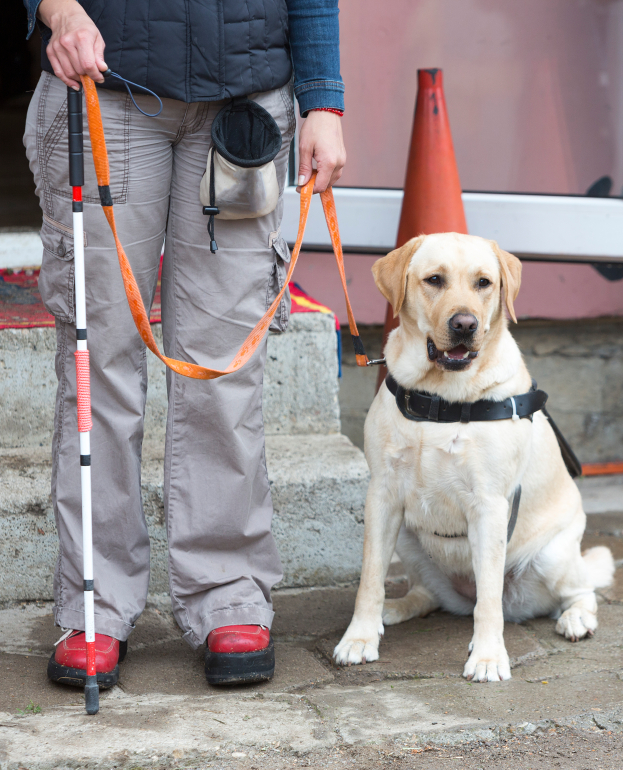A dog is so much more than just a companion, they become members of the family and studies have found interacting with animals can lower blood pressure, relieve stress and even recover memories for older adults suffering dementia.
Guide dogs are often employed to assist people with vision and hearing problems live more independently and safely. And most recently, some service dogs have also been trained to detect and react to a sudden drop in their handler’s blood sugar.
Diabetic alert dogs are specially trained to help people with type 1 diabetes with hypoglycemic unawareness, a condition in which a person with diabetes doesn’t experience the usual warning signs of a drop in blood glucose. Usually hypoglycemia will result in sweatiness, shakiness and weakness. But those with hypoglycemic unawareness may skip straight to becoming confused, disoriented or unconscious.
Through a heightened sense of smell, diabetic alert dogs can discern when their handler’s blood sugar drops and let them know so they can remedy the situation by eating something sweet before they lose consciousness, which can result in injury or other life-threatening events.
According to the Public Health Agency of Canada, the growing aging population has contributed to a rise in the number of Canadians living with diabetes. Increased longevity due to advancements in the treatment of diabetes along with earlier diagnosis also is believed to contribute to the increased prevalence of the disease. The highest increase in the number of people diagnosed with diabetes was recorded in the 60 to 64 age group, as reported in July 2011.
For more information about service dog programs in Canada, visit the Lions Foundation of Canada Dog Guides website at: http://dogguides.com/diabetic.html .






Add Your Voice
0 Comments
Join the Discussion